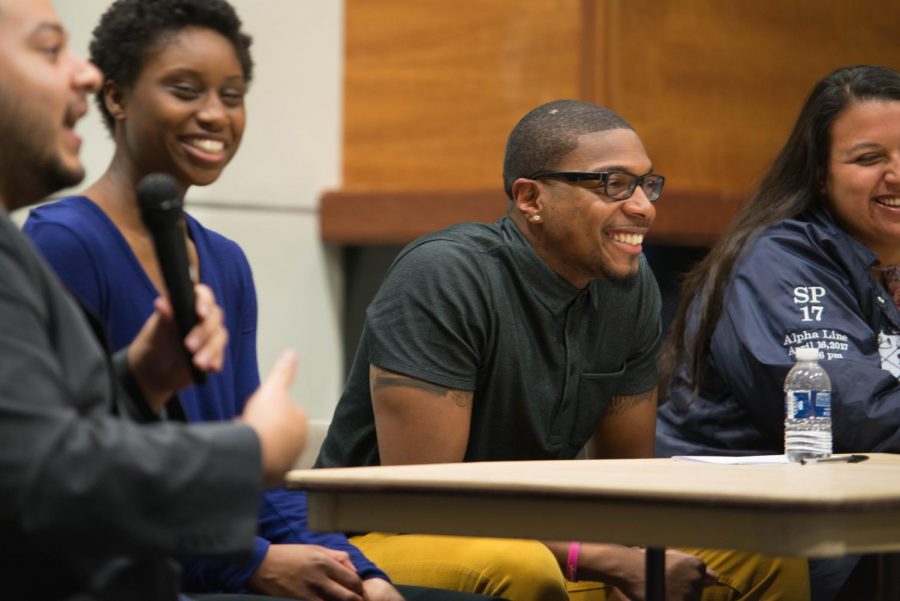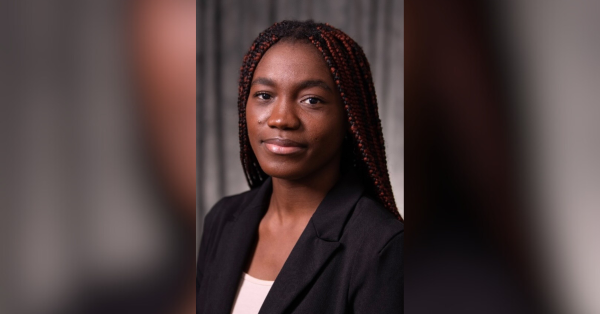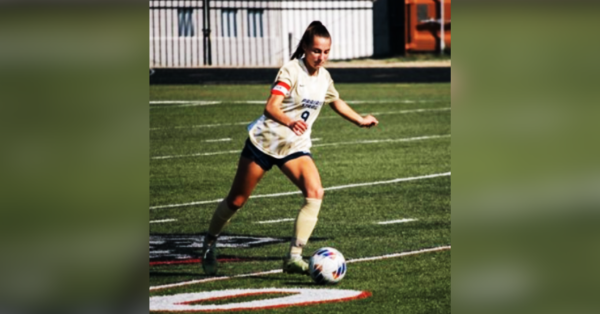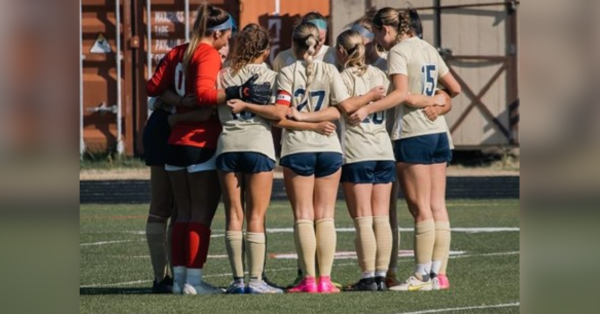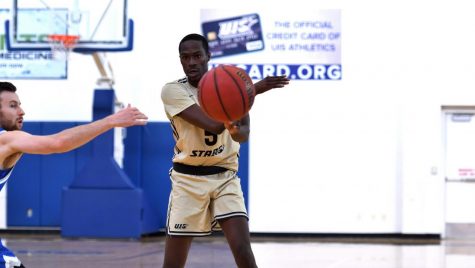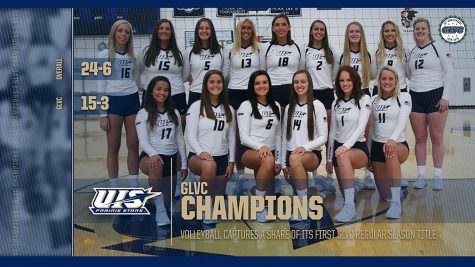Navigating A Predominantly White Institution: First Generation Struggle
On Wednesday, Oct. 10, the panel and discussion “Navigating A Predominantly White Institution: First Generation Struggle” was held in the LRH Great Room at 7 p.m. Its purpose was, in part, to answer any questions students might have and provide them with future resources to help them succeed at the University of Illinois Springfield and throughout their lives once they graduate, so that they may make history within their families and communities. Panelists included Justin Rose, coordinator for diverse student programming at the Diversity Center, Criss Cuervo, UIS graduate, Brianna Rodriguez, president and member of HOLAS and Gamma Phi Omega, Shaina Humphrey, president of Zeta Phi Beta, and Daniel Aguilar, youth program coordinator and former Necessary Steps mentor, co-advisor for the Organization of Latin American students, and leader of the Collegiate Leadership Development Program.
Before the panelists began answering questions from the audience, Justin Rose pointed out a few of the resources at UIS that can be crucial for diverse first generation students: Necessary Steps and the Diversity Center. Necessary Steps seeks to provide first generation students with the tools they need in order to flourish. The Diversity Center fights prejudice and bias, represents the microcosms of the “real world” on campus, and helps diverse students feel more of a sense of belonging away from their homes, families, and perhaps native culture. Rose then stated that first generational students tend to have higher aspirations to seek better living conditions (such as higher income). However, this is not the biggest reason why they attend college; studies show that over 60% of students want to help out their families and communities more than anything.
Despite that this is a wonderful source of strength and ambition for first generational students, the panelists noted that it may place a lot of pressure on them. This is especially veritable when parents, grandparents, and other family members express desires for that student to follow a specific path or seek a certain career they desire, even if he or she has a passion that does not align with that path or career. Cuervo stressed that it is absolutely necessary to be oneself and follow one’s own heart, regardless of what one’s family may think. “You’re not your parent’s dreams and goals,” she urged. “You don’t need that pressure on you at all.”
Copious other common issues that first generational students face on a daily basis were brought up and addressed throughout the event, including physical and mental isolation, homesickness, “breakaway guilt,” fear, doubt, standing out, and closed-minded colleagues. The panelists doled out just as many, if not more, tips and tricks on how to deal with these things in a healthy way. A primary resource for healthy coping mechanisms is the Counseling Center; it is way more widespread and normal than students might think to utilize the services here. They are already paying for them, so they might as well take advantage. Even if one does not wish to talk to a counselor to cope with negative feelings and experiences on campus, the center also offers informational pamphlets, contact information for more specialized services, and other aid. There are also plenty of other students, as well as faculty and staff, that can completely relate to a first generational student’s struggles. The simple act of reaching out can make waves.



